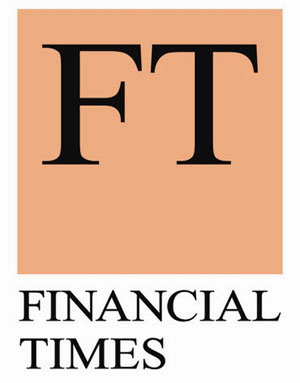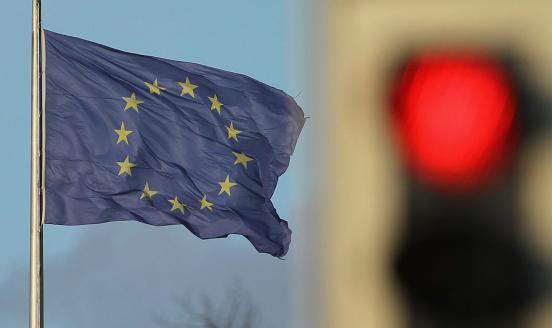Europe must fix its fiscal rules
The pandemic has shown that the EU’s spending framework reflects an outdated economic orthodoxy.
This opinion piece was originally published in the Financial Times, the Money Review section of Kathemerini and is forthcoming in El Economista.

Last spring, as the economic impact of the coronavirus pandemic began to bite, the European Commission suspended the stability and growth pact (SGP), a set of rules designed to ensure that countries in the EU pursue sound public finances and co-ordinate their fiscal policies.
And in March this year, the commission signalled that the rules would remain suspended for a further year in 2022. Paolo Gentiloni, the EU’s economics commissioner, said that where fiscal policy is concerned, “the risks of doing too little outweigh the risks of doing too much”.
The suspension of the fiscal rules due to the pandemic provides a welcome opportunity to rethink them. Most observers agree both that the rules have not been properly applied since the SGP came into force in 1998, and that in any case they are flawed.
Reform is needed, therefore, but the direction this should take requires that we first understand the role that fiscal policy has in the economy.
When it was first built, the EU framework was intended to prevent fiscal indiscipline by member states and to stop it spreading across the eurozone. Its design reflected the prevailing economic orthodoxy in the 1990s on the role of fiscal policy.
This emphasised automatic adjustments in tax revenues and spending to stabilise income, consumption and business activity over the business cycle. Any fiscal policy that attempted to go beyond these “automatic stabilisers” was likely to cause inflation. Consequently politicians, who have an incentive to overspend, ought to be institutionally constrained.
Today, however, after a global financial crisis and now a global pandemic, two “once-in-a-lifetime” shocks in the space of just over a decade, the economic context is very different.
Both these episodes show that fiscal policy is about more than just automatic stabilisation, although at first policymakers in Europe were slow to recognise this — partly because of the grip exerted by the old orthodoxies, but mostly because of the fear of fiscal spillovers across borders.
In each case the policy response, at the macro level, had to be sufficient to cushion the severity of an economic shock.
During the pandemic, fiscal policy has had to maintain demand when markets failed by protecting companies, as well as employment and households. The response to the crisis was both timely and on a sufficiently large scale, aided by the European Central Bank’s asset purchase programme which kept the cost of borrowing low.
More active fiscal policy also has implications for co-ordination between countries, which can no longer solely be about constraining public spending. We need to find a different way to deal with the alleged threat of spillovers.
Indeed, things have already shifted in this respect. The EU’s no-bail out clause — which stipulates that no member state is liable for the financial commitments of another — has effectively been replaced by the European Stability Mechanism as the lender-of-last resort for countries that are cut out of markets.
The issuing of common debt under the auspices of the EU’s post-pandemic recovery fund to provide transfers to countries hit hardest during the pandemic is a reflection of the idea that risk-sharing is a necessary ingredient of “insurance”.
Although intended as a one-off tool, this pooling of risks to issue common debt might have to be used again in the future to protect the single currency. More explicit co-ordination of policy along these lines is something EU member states will have to discuss.
Finally, it is now clear that fiscal policy will have a pivotal role to play in promoting the EU’s long-term climate and digitisation goals. Public funds will be essential to the public-private investments needed to transform our economies and place them on a more sustainable footing. Rules that do not differentiate between investment and expenditure are no longer fit for purpose.
But we do not start with a clean slate. The past 12 years have left countries with large debts. Debt sustainability will therefore need to be a core concern of policymakers. On the other hand, persistently low interest rates will help to keep financing costs for countries down.
Commitments to public investment for the green and digital transformation and insurance against common shocks should be enshrined at the EU level. By increasing our common fiscal responsibilities, we limit the scope for indiscipline at the national level and so reduce the risk of negative spillovers across the bloc.



